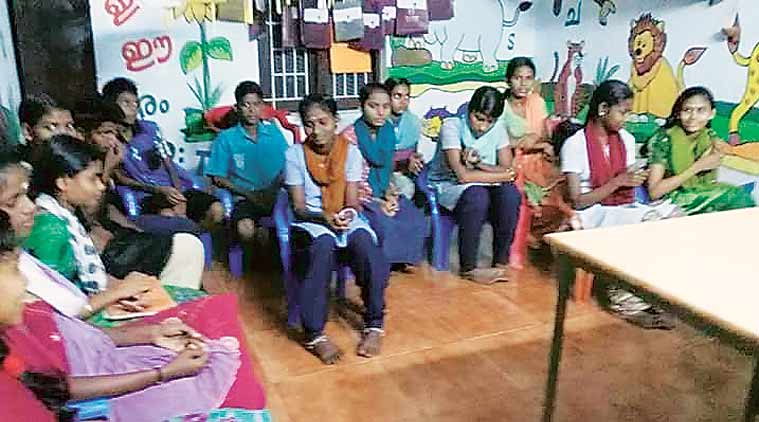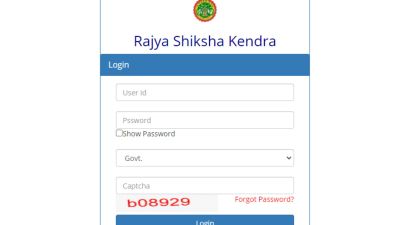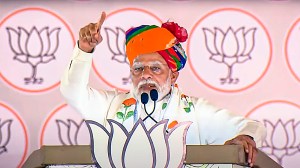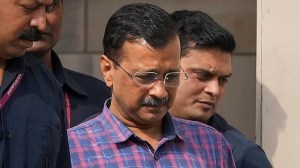- India
- International
Kerala: How a tuition programme in a Dalit colony in Palakkad is getting children to college
The project has so far helped 38 students pursue education beyond Class X. For a colony that had no graduates, there are now three who are in undergraduation courses and two who are set to join this year.
 At one such tuition class in Kongappadam village. (Express Photo)
At one such tuition class in Kongappadam village. (Express Photo)
In the 1990s, when C D Sajith Kumar, a student of NSS Engineering College in Palakkad, Kerala, lived in a rented house near a Dalit colony in Kongappadam village, he realised not one person from there went to college. In 2013, now a mechanical engineer in Qatar, Kumar returned to Palakkad for an alumni meet, and was struck by how little had changed — most children still dropped out after Class X.
“Despite the college being a mere half kilometre away, most youngsters didn’t finish school. They toiled in nearby farms or did odd jobs in Palakkad town,” says Kumar (46).
That’s when he decided to step in. In 2013-14, Kumar launched a free educational empowerment programme, called ‘Ente Kongappadam (my Kongappadam)’, giving tuitions to children from the colony who were in Classes VIII, IX and X. He roped in students from NSS Engineering College to volunteer as teachers and started morning and evening classes at an anganwadi in the colony.
The project has so far helped 38 students pursue education beyond Class X. For a colony that had no graduates, there are now three who are in undergraduation courses and two who are set to join this year. Besides, there are students pursing diploma courses. Since the project began, says Kumar, only one student from the colony has failed Class 10.
Kongappadam, which is part of the Akathethara village panchayat, has 174 Dalits from the Cheruma Scheduled Caste community. Men and women work as daily labourers, and no one holds a government job.

“I spoke to the parents and convinced them that it was important for their children to study because besides being eligible for jobs, it was the only way they could fight social isolation,” says Kumar, adding that education the road to “joining the mainstream”. “All these government schemes of giving Dalits free supply of rice and other provisions should stop. Instead, their social disconnect for want of education should be addressed effectively.”
Besides motivating students from NSS College to teach the children, Kumar introduced online education through laptops and a television and ensured broadband connectivity. Classes for science, mathematics and English were held at the anganwadi in the morning and evening. Apart from the tuition classes, students were trained in soft skills such as communication. Kumar says he only had to spend Rs 8,000 a month to keep the programme running.
Prof P R Suresh of NSS Engineering College, who helped Kumar with the programme, says, “To get children in the colony to start dreaming big, we took them on a tour of the college.”
“Until last year, engineering students worked as tuition teachers, but now, we get students from within the colony and teachers living in the area to give classes,” he adds.
Despite continuing with his job in Qatar, Kumar keeps a close watch on the programme and makes periodic visits.
Says K Guruvayoorappan, a resident of the colony, “The tuition scheme has helped us realise that only education can improve our lives.”
Namitha R, 19, one of those who attended the tuition classes, says, “Now all the teenagers are keen on continuing their studies. I was the first person from the colony to write the engineering entrance exam. I even got into the rank list, but finally did not opt for engineering.” Namitha is now a student of fashion designing in Palakkad.
Sini K, 17, who has enrolled for his degree course this year, says the tuitions helped students improve their results. “Earlier, we had no culture of studying at home. We would come home from school and help our parents in the fields or sit around doing nothing. Now, we all spend a few hours studying at home.”
In January this year, Kumar introduced his project at Loka Kerala Sabha, a two-day convention of non-resident Keralites organised by the state government. Subsequently, the programme is set to be replicated in five other Dalit settlements in Kerala, starting from Sasthamkotta village in Kollam in June.
The State Planning Board too has taken note. “We need more such development models which can be implemented in SC/ST areas. Often, governments invest huge money in projects but these don’t do much to improve the living standards of Dalits,” says Board member K N Harilal.
Must Read
Apr 23: Latest News
- 01
- 02
- 03
- 04
- 05






































